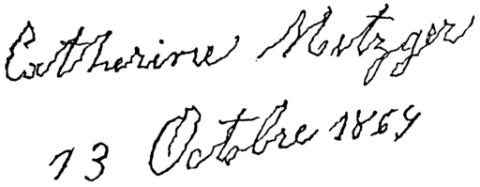Derivado de temblar, y este del latín vulgar tremulāre.
El temblor es uno de los motivos de consulta neurológica más habituales. El temblor esencial, de origen desconocido, a menudo hereditario, puede afectar a cualquier parte del cuerpo y, aunque se agrave con la edad, no afecta a otras funciones neurológicas.El temblor intencional se produce cuando se realiza un movimiento voluntario, sobre todo con un fin concreto, como agarrar un objeto con la mano. El temblor fisiológico no se suele apreciar, pueden tenerlo las personas al extender los dedos, y puede verse incrementado por emociones fuertes (ansiedad, miedo), cansancio físico, etc. Tenemos temblor fisiológico cuando decimos que “nos tiembla el pulso”. Y en el temblor patológico, asociado a alguna enfermedad, el movimiento se muestra exagerado o anormal.

Temblor
http://www.respitecareorangecounty.com/PARKINSONS_DISEASE_Orange_County…
«Clínicamente, se manifiesta en la forma más usual por estados de estupor o inconsciencia, que evolucionan hacia el coma. Otras veces éste se instaura súbitamente, y junto con ello hay temblor y respuestas incoherentes, que deben ser bien valorados para no confundirlo con un enfermo mental. Las alteraciones en el electroencefalograma son constantes, y en el líquido cefalorraquídeo se encuentran elevaciones de los niveles de glutamina y amonio» (Díaz Rubio, 1964: 736).
«[...] está muy excitado, angustiado, insiste continuamente en salir afuera, suda mucho y tiene un fuerte temblor, “un grave temblor” en las manos, busca la puerta donde no está y en su comportamiento se asemeja a un delirante» (Maurer y Maurer, 1998/2006: 144-145).
Movimiento anormal, involuntario y repetido de una parte del cuerpo
